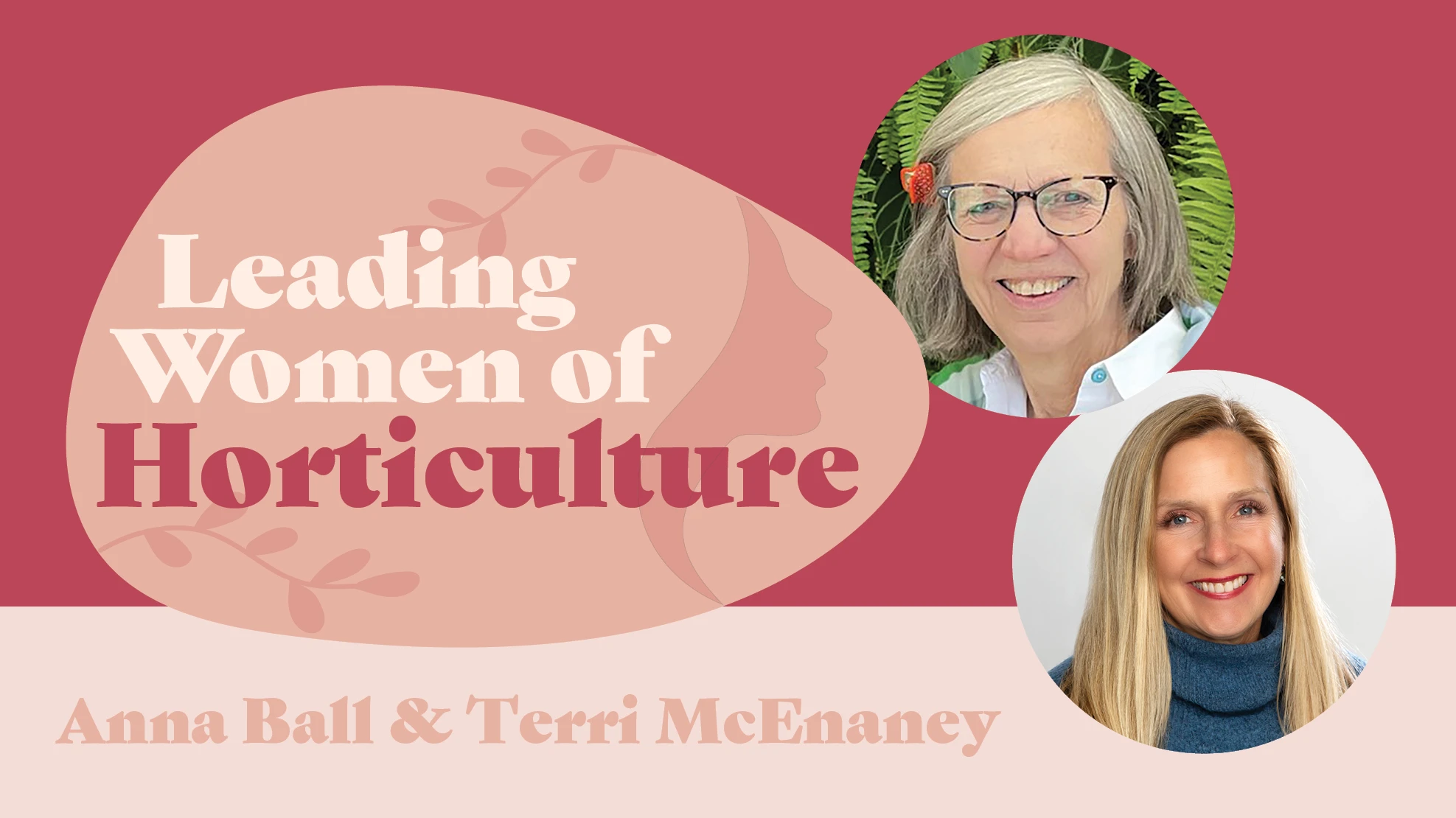

As the sun slowly rises in the early morning mist, a family of four begins their day: a hot mug of coffee, a steeped cup of tea, a few whipped-cream hot chocolates and the fresh air of excitement about their unfolding day ahead.
They step down the creaky, splintered wooden stairs, bundled in flannel and denim, and head toward the red rustic barn to check on the goats, pigs and chickens. The two daughters are extra excited about the chickens this morning — since their breakfast depends on the chickens’ productivity.
The farm family first visits the gated corral where two horses and a pony patiently stand with their nostrils exhaling the morning air … ready to greet the new young farmhands with a small whinny and snort of “good morning.”
The latest farm hands toss fresh slices of hay over the fence as the sunlight begins to summit the foothills about a mile or so down the way. They move across the yard to fill up the water buckets for the goats, check for eggs from the hens and breathe in the distinctively pungent smell of the pigpen. Next up, grabbing a pitchfork and cleaning the last stall of three they began the day before, yet didn’t finish.
The minimum wage for this work is not paid in dollars and cents…it’s earned with a sense of accomplishment and knowing you can say “job well done.”
Tenure at this job only lasts two days though, since the kids need to get back to Wi-Fi to continue their virtual schooling, and mom and dad are due back to their respective jobs — teacher and accountant.
It’s a three-hour drive back to the ‘burbs and Emily (daughter number two) has some last-minute homework due on Monday morning, and Maddy wants to get home to write in her journal (she unfortunately forgot it in her bedroom...right where she left it…on her dresser…ugh!). Mom has been creating a photo essay to introduce to her students during their next second grade class project — “Where does my food come from?” And dad wanted to relive some of the experiences he had growing up as a kid in Indiana.
That’s the Agritourism Life. And the farm stay industry, as one example, has never been better.
You may now be asking, “Why is there an article about agritourism in Garden Center magazine?”
The answer is that agritourism is the future of the garden center industry…and the future is now.
The example above is one of the young and growing scores of millions of millennial families who find both joy and value in something that has been around for generations — agritourism.
Gui Costin of Forbes states, “Millennials consider social responsibility and environmental friendliness when considering their purchases, so brands face Millennials’ significant expectations in terms of shopping and investment dollars.” Other values center on local sourcing, ethical production, and giving back to society as purchasing decisions.




Farms, wineries and garden centers in the age of COVID
As COVID-19 coated the world with fear, concern and family tragedy, there have been a few silver linings that have risen from the wreckage. One of these is a growing need to get outside and reinvest in the things that matter most: family, relationships, safety, wellness and wholesome entertainment. Gardening and garden centers have enjoyed much of the audience and attention (and revenue) that has come from this tragic time. Wineries and farmers markets have experienced much the same as younger, conscientious consumers seek a few common experiences that emphasize family, fresh air, downtime, reconnecting with nature, shopping locally and friendly experiences.
So, if you have a generation that represents the largest single buying base for the foreseeable future, and they value what the green industry offers, the future of garden centers, wineries and farms is looking both “green” and great…and these parallel roads are beginning to intersect.
Dogwood Hills Guest Farm in Harriet, Arkansas, is a lovely example of agritourism, and Ruth Pepler and her daughter Grace can attest to the increased awareness and need for the above-mentioned outcomes of this emerging industry. “Last year was our best year yet with farm stays,” says Ruth, “and the exclusive one-on-one attention to the family visitor and their needs is what is bringing more and more families to the Buffalo River Region.”
As a consultant and strategist within the agriculture industry (farms, garden centers and wineries), these three roads have been arcing toward each other over the last decade, whether you are aware of it or not. More and more garden centers have embraced the farmers market concept, and for some, it was the saving grace for being “essential” in 2020! Weddings, music venues, craft beer joints and after-hours events are extending the garden center hours into the evening where an IGC can become a gathering place for the community.
Let’s take a tour of a few of the garden center success stories as “early adopters” of the agritourism trend. They combine aspects of the three arcing roads into one successful and profitable business model.
Reston Farm Garden Market, in my backyard of Reston, Virginia, is a perfect example of this hybrid model. The Weinstein family has a wonderful farmers market, petting zoo, garden center and Fall Festival that attracts families from communities near and far. Their branded products, freshly-baked pies and fresh produce offer a perfect experience to the folks who value locally sourced, family-owned businesses. Their vision is “Locally rooted in family, faith and friendships” and that vision goes well beyond the stand-alone garden center model.
Lowell and Bonita (with their sons Khalil and Isaiah) have noticed a younger family trend occurring over the last few years and are poised to continue to serve that new client base with memories, traditions and safe outdoor fun into the future. That younger generation values conscience consumerism and travels further (and pays more) for that value proposition.
Lowell Weinstein adds, “Although our garden center is the cornerstone of our business, and the ‘rooted’ products carry us in the spring and fall, we have always felt that we needed to offer more to our customers. With the addition of fresh produce being delivered daily (COVID drove that ‘essential’ change) and our Reston Farm Garden Market branded items that are all the rave in the neighborhood, our farmer’s market has really become a second cornerstone! We are planning even more innovative ideas as we continue to expand our offering beyond agriculture and blend in agritourism into the future. Our sons are a big proud part of that journey!”
Bedner’s Farm and Greenhouse in McDonald, Pennsylvania, takes the Agritourism Life to a whole new level by blending a growing nursery, farmers market, corn maze and garden center into their beautiful slice of heaven on earth. My wife and I had a chance to visit this farm and quickly became one of our very favorite trips in our “home away from home” RV.
Russ, Melanie, Ruth and Hope (along with Dusty the horse) added even more to the experience with their wholesome down-to-earth approach and warm hospitality. Russ even introduced us to his new project, Passiflora Springs Winery. The Bedners’ quintessential agritourism model is the trifecta of the industry: family farm experience, garden center expertise and winery extraordinaire!
As Melanie Bedner says, “Besides preserving our farming roots, a huge driver of putting the time, money and resources into growing our agritourism has been to flatten the curve of the huge spring sales peak, getting our customer count up during the slow months and offering our staff more work hours.
July and August can be especially slow at Bedner’s Farm and Greenhouse, so their goal has been to expand beyond their plant, product and service offerings to focus on creating experiences for customers.
“It’s been a joy to see families, couples and groups of friends visit us to take a hayride, pick some fresh vegetables or cut flowers, enjoy a good meal that is prepared with our homegrown produce and herbs, and sample the small-batch wines that Russ makes” she says.
Other benefits for the garden center come from customers browsing their plant and product selection in the garden center during times of the year when they otherwise wouldn’t have visited. “We’ve also seen a great number of new customers come to us for the first time because of an agritourism event. At that point, we do our best to get their information into our system and encourage them to visit us in the spring for their gardening needs,” Melanie says. “We value our farmland and enjoy sharing it with our community. As we see more and more farms being sold and disappearing, we believe it is even more important to keep our farming heritage alive.”
At the end of the day, Melanie puts it best when she says when describing their mission:
“Our vision is to be a beacon to our community by inspiring creative and sustainable plant care and design practices, while also providing refreshment to mind, body and spirit.”
These both have done a remarkable job of evolving and innovating while staying true to their family roots.
Another great example of Agritourism Life comes from Dogwood Hills Guest Farm, on which the opening story of this article is loosely based.


Fad or trend?
So, is this a “fad” or is this a “trend?” After all, fads fade but trends transcend.
Suzi Spahr, executive director of NAFDMA Agritourism Association states that the next five years of the agritourism industry are set to gain great traction based on the last five years.
“Within our membership, we see many farms also looking to cross over into the beauty and artistry brought by garden centers and wineries/cideries,” she says. “From Blooms & Berries Farm Market in Loveland, Ohio, growing their own mums to the tulip fields of Wooden Shoe Tulip Farm & Vineyard, farms see the diversification potential of horticulture products as a way to reach a new audience. Sunflowers, lavender, cosmos and zinnias are all are highly “Instagrammable” (free advertising!) and beautiful ways to expand the growing season, broaden the farm customer base and add new products to farm markets both on and off the farm. Through our communications with the Garden Center Group, we encourage the collaboration and new ideas for everyone.”


As the world continues to change under our feet, and the effects of COVID are felt well into the future, the new trend (not fad) in the garden center industry is the intersection of three roads: Conscience consumerism (locally sourced, family-owned, environmentally friendly), safe family experiences, and plants that enhance our lives and homes, inside and out. Many garden centers have embraced this growing trend. They are innovators and early adopters to the changing demographics and demands of the new generation of conscious consumers.
Agritourism is the future of garden centers, and the future is now!
John Kennedy is a strategist, author, and consultant to the garden center and farm industries. He is a service provider to The Garden Center Group and co-founder of Agritourism. Life with his wife, Souny. John and Souny reside in Centreville, Virginia, or wherever they boondock with Life’s Detour.
Find them at: AgriTourism.Life IG: @lifesdetour @agritourism.life FB: agritourism.life
Get curated news on YOUR industry.
Enter your email to receive our newsletters.

Explore the May 2021 Issue
Check out more from this issue and find your next story to read.
Latest from Garden Center
- Society of American Florists accepting entries for 2025 Marketer of the Year Contest
- Sustainabloom launches Wholesale Nickel Program to support floriculture sustainability
- American Horticultural Society welcomes five new board members
- Color Orchids acquires Floricultura Pacific, becoming largest orchid supplier in U.S.
- American Floral Endowment establishes Demaree Family Floriculture Advancement Fund
- The Growth Industry Episode 3: Across the Pond with Neville Stein
- Proven Winners offers Certified Garden Center Training for staff education
- Digging In Association hosts inaugural Platinum Trowel Awards at winter conference





